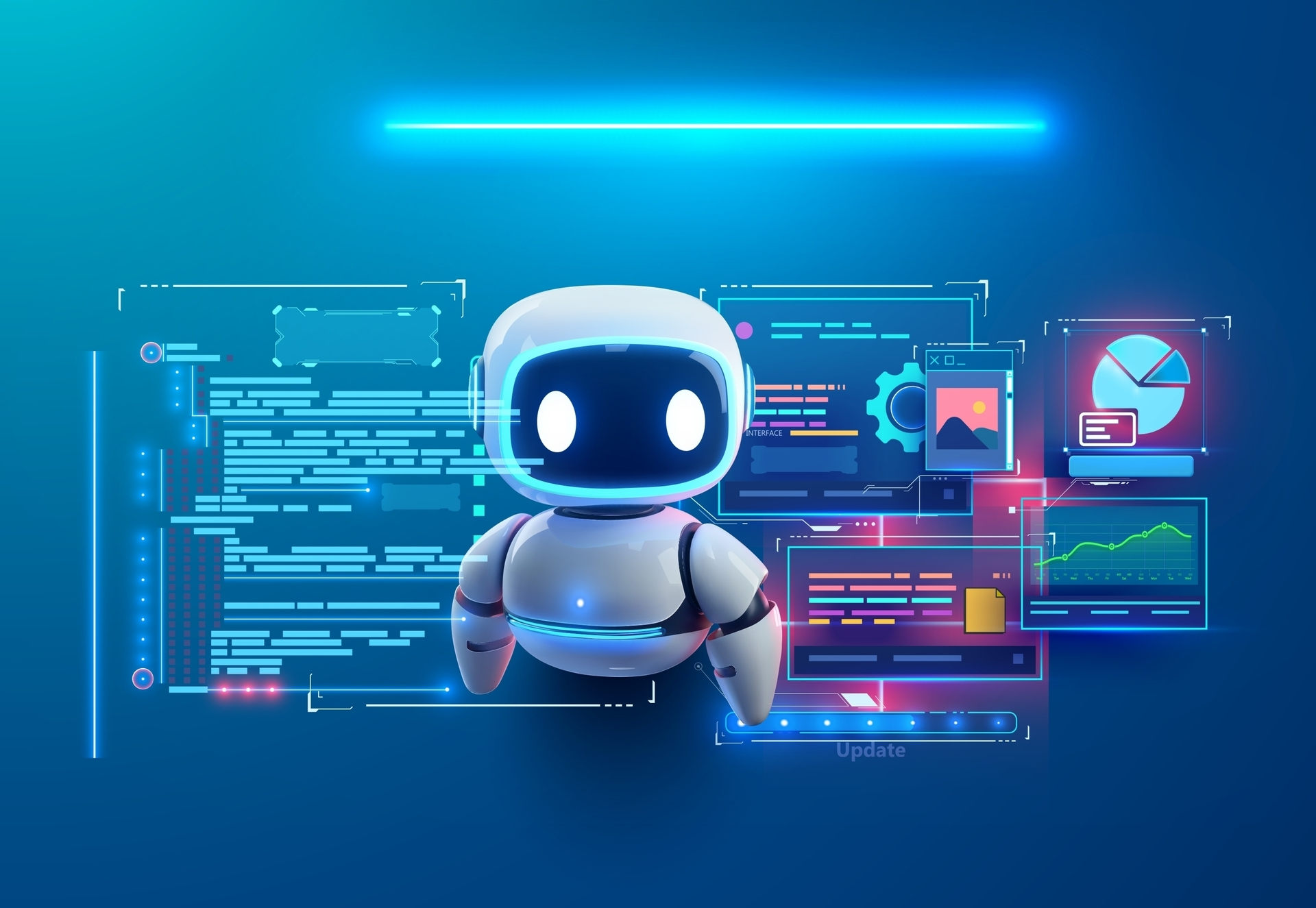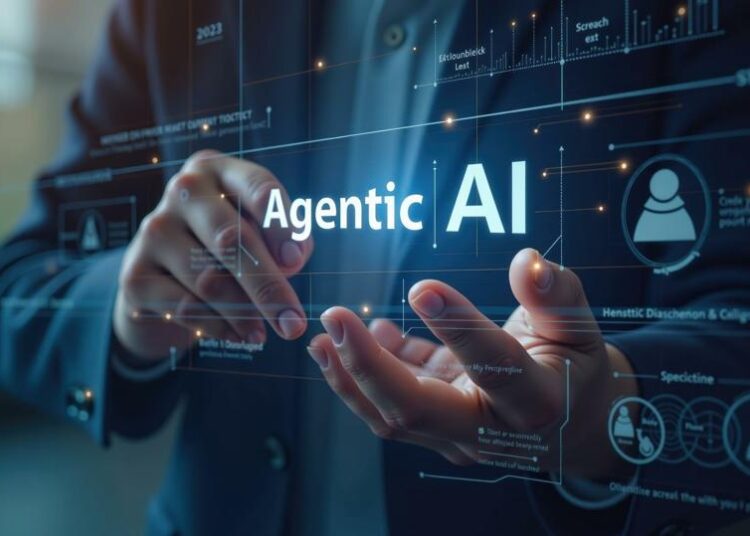The era of record technological transformation is seeing the science of artificial intelligence redefine new frontiers of innovation. Amongst the most revolutionary ones is Agentic AI—a next-generation category of intelligent systems which respond, not just react, think, plan, and carry out activities independently. Agentic AI operates differently than standard step-by-step AI and operates with purpose, autonomy, and responsiveness. As corporations demand ever more nimble, scalable solutions, Agentic AI is propelling the market toward a new era where machines are responding to human decision making’s complexity with unparalleled accuracy.
1. What is Agentic AI: Beyond Automation
Firstly, Agentic AI are self-sustaining systems that not only carry out orders but also understand goals, break them down into sub-goals, and carry out each of them without or with little human intervention. The agents are made to:
- Set and pursue goals
- Make context-dependent choices
- Learn and optimize in real-time
- Act on other systems or computer agents
In reality, they are nearly indistinguishable from what a human project manager would do—just quicker, unforgiving, and fact-based.
2. Agentic AI vs. Classic AI
Unlike traditional AI models, which respond, Agentic AI systems are proactive, always planning ahead and adapting their behavior accordingly. For example:
- Classic AI responds to your question; Agentic AI finds your target and presents a strategy.
- Classic AI performs a task; Agentic AI performs an entire process.
- Classic AI requires prompting; Agentic AI knows what’s next.
So, Agentic AI is introducing a level of higher order intelligence and self-direction to machines, which can make them usable in much tougher situations.
3. Applications to Real-World Problems Across Sectors
Agentic AI is no longer sci-fi fantasy but today is being used across sectors:
- Health: Automating treatment pathways and proposing treatment regimens
- Finance: Anomaly notifications, portfolio maximization, and automated auditing
- Manufacturing: Supply chain management and prevention of system downtime
- Customer Experience: Handling multi-step service requests without human escalation
- Software Development: Coding, testing, and debugging autonomously
In doing so, companies that use Agentic AI gain a competitive advantage in speed, scalability, and customer satisfaction.

4. Benefits and Ethical Issues
✦ Maximum Benefits:
- Improved Efficiency: Simplifies complex, time-consuming processes
- Improved Accuracy: Reduces human errors in key decisions
- Growing Intelligence: Improves with more data and experience
✦ Challenges to Overcome:
- Ethical Concerns: How do we avoid bias in decision-making?
- Control & Regulation: What level of control do we need to create?
- Privacy for Data: How do we protect individual data?
So even as the promise is grand, cautious deployment always comes first.
5. The Future of Agentic AI
In the years to come, Agentic AI will be at the heart of intelligent ecosystems from autonomous businesses to autonomous cities. With huge investments by leading tech giants like OpenAI, Google DeepMind, and Microsoft, its dominance is accelerating even further. And when combined with other upcoming frontier technologies like quantum computing, IoT, and robotics, Agentic AI will not only make industries strong, but transform them at their core.
Short of that, Agentic AI is spearheading a charge of artificial intelligence fearlessly venturing where no one has ever gone before. In making machines think, plan, and act on their own, we are witnessing a next generation of systems not only helping but also leading. With it comes one thing: whoever invests in Agentic AI today will be the force behind innovation tomorrow.












